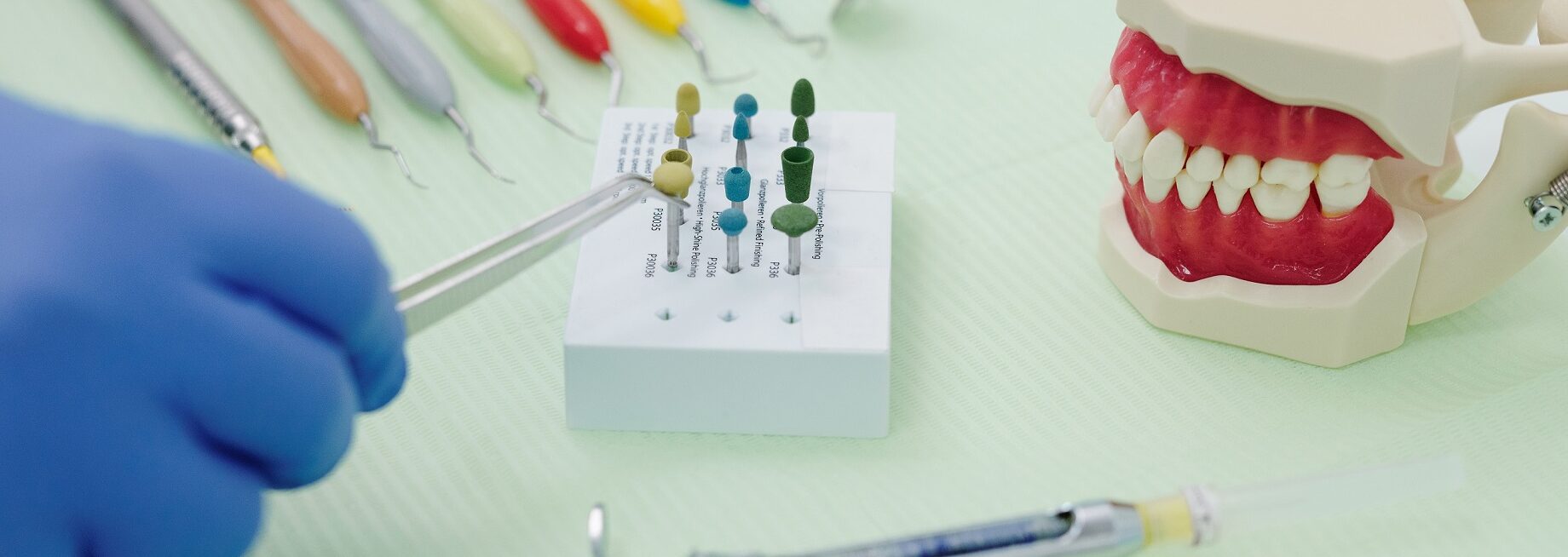Your smile is not only a reflection of your personality but also a significant asset that contributes to your overall confidence and well-being. However, various factors, such as decay, trauma, or wear and tear, can compromise the integrity of your teeth. In such cases, dental crowns offer a reliable solution to protect and strengthen damaged teeth, restoring both functionality and aesthetics. In this article, we will explore the world of dental crowns, understanding their importance, applications, materials, and the positive impact they can have on your oral health.
Understanding Dental Crowns
A dental crown, also known as a tooth cap or dental cap, is a customized, tooth-shaped covering that is placed over a damaged or weakened tooth. Its primary purpose is to restore the tooth’s shape, size, strength, and appearance. Dental crowns are typically used when a tooth is extensively decayed, cracked, fractured, or has undergone root canal therapy. By encapsulating the tooth, a crown provides protection, support, and an improved appearance.
The Importance of Dental Crowns
Dental crowns serve multiple important functions, making them a crucial component of restorative dentistry:
- Restoration of Structure: Damaged teeth can lose their structural integrity, making them prone to further damage and discomfort. Dental crowns provide a protective layer, restoring the tooth’s original shape and preventing further deterioration.
- Enhanced Functionality: When a tooth is weakened or damaged, its ability to chew and bite effectively can be compromised. A dental crown restores the tooth’s strength, enabling it to function as a natural tooth.
- Aesthetic Improvement: Dental crowns can be designed to match the color, size, and shape of your natural teeth, ensuring a seamless blend with your smile. This aesthetic improvement contributes to your overall appearance and confidence.
- Support for Dental Restorations: Dental crowns play a crucial role in supporting other dental restorations, such as dental bridges and dental implants. They provide stability and a secure anchor for these prosthetic devices.
- Protection for Root Canal-Treated Teeth: Teeth that have undergone root canal therapy become more fragile due to the removal of the inner pulp. A dental crown protects and strengthens these teeth, preventing fractures and extending their lifespan.
Applications of Dental Crowns
Dental crowns are versatile and can be used for various dental concerns:
- Decayed or Damaged Teeth: Teeth with extensive decay, fractures, or cracks that cannot be effectively restored with fillings benefit from dental crowns.
- Root Canal-Treated Teeth: After a root canal procedure, a tooth becomes more vulnerable to fractures. Placing a crown over the treated tooth provides necessary reinforcement.
- Cosmetic Enhancement: Dental crowns can improve the appearance of misshapen or severely discolored teeth, enhancing your smile’s aesthetics.
- Replacement for Large Fillings: Teeth with large fillings that compromise their structural integrity can be protected and reinforced with dental crowns.
- Dental Bridge Abutments: Dental crowns serve as the supportive abutments for dental bridges, filling the gap created by missing teeth.
- Covering Dental Implants: Dental crowns are placed over dental implants to replace single missing teeth, providing a natural-looking and functional tooth replacement.
Materials Used in Dental Crowns
Dental crowns are crafted from various materials, each offering specific benefits:
- Porcelain: Porcelain crowns are popular due to their natural appearance and ability to mimic the translucency of natural teeth. They are an excellent choice for front teeth.
- Porcelain-Fused-to-Metal (PFM): PFM crowns combine the aesthetic benefits of porcelain with the strength of metal. However, the metal layer may be visible at the gumline in some cases.
- Metal: Metal crowns, often made of gold or base metal alloys, are known for their durability and longevity. They are suitable for molars where aesthetics are less of a concern.
- All-Ceramic or All-Porcelain: These crowns are entirely made of ceramic materials, offering excellent aesthetics without the use of metal components. They are a preferred choice for front teeth.
- Zirconia: Zirconia crowns are prized for their strength and durability. They are often used for molars or teeth that require extra support.
The Dental Crown Procedure
Getting a dental crown typically involves several steps:
- Consultation: During the initial consultation, your dentist will assess your oral health and discuss your treatment options, including the type of crown that suits your needs.
- Tooth Preparation: The damaged tooth is prepared by removing any decay and shaping it to accommodate the crown.
- Impression: An impression of the prepared tooth is taken, which serves as a mold for creating the custom crown.
- Temporary Crown: A temporary crown is placed on the tooth to protect it while the permanent crown is being fabricated.
- Crown Fabrication: A dental laboratory fabricates the permanent crown based on the impression. This process can take a few weeks.
- Crown Placement: Once the permanent crown is ready, it is placed and adjusted for fit, bite, and aesthetics. The crown is then cemented or bonded onto the tooth.
Caring for Dental Crowns
Maintaining dental crowns is essential for their longevity and your oral health:
- Oral Hygiene: Continue practicing good oral hygiene, including brushing, flossing, and regular dental check-ups, to prevent decay and gum disease around the crown.
- Avoid Chewing Hard Objects: While crowns are durable, avoid biting or chewing on hard objects like ice, pens, or fingernails, which can damage the crown.
- Protect Your Teeth: If you grind or clench your teeth, consider wearing a nightguard to prevent undue stress on the crown.
Dental crowns are not only a functional solution but also a significant contributor to the preservation and enhancement of your smile. By protecting and strengthening damaged teeth, dental crowns restore both functionality and aesthetics, making them an indispensable part of restorative dentistry. Understanding their importance, applications, materials, and care guidelines empowers you to make informed decisions about your oral health. Whether you’re restoring a damaged tooth, enhancing your smile’s appearance, or supporting dental prosthetics, dental crowns offer a versatile and effective solution that can positively impact your overall well-being.

